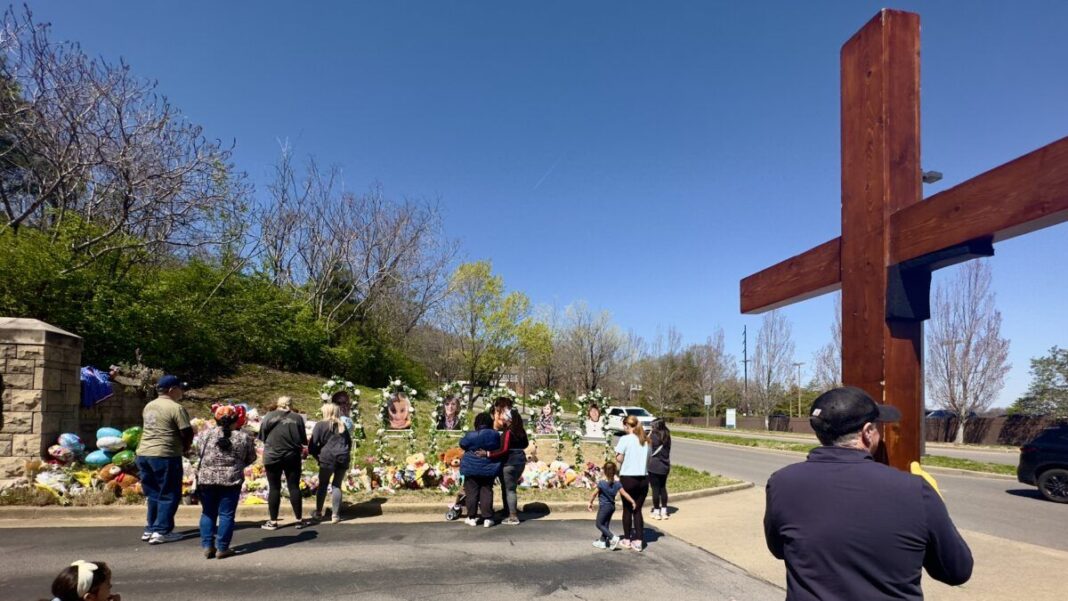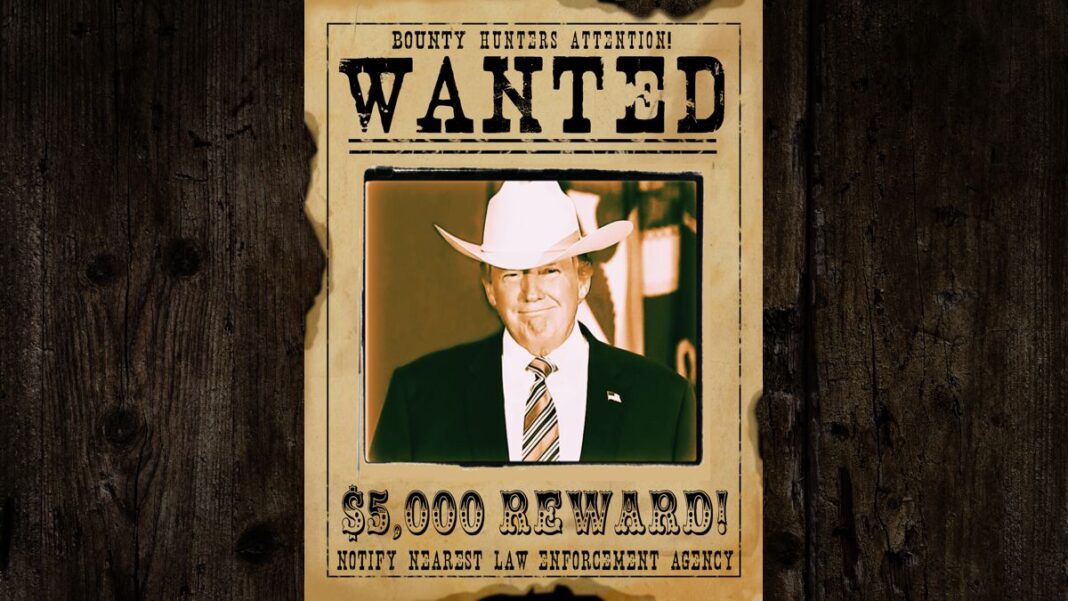The Tennessee Court of Appeals has halted the trial court proceedings in the lawsuits against the Metropolitan Nashville Police Department (MNPD) for denying open records requests in relation to the March 27 Covenant School shooter’s writings.
The appellate court on Wednesday issued an order granting an expedited hearing for those appealing the lower court’s decision to allow the Covenant School parents, church, and school to enter the lawsuit as third-party interveners. The plaintiffs filed their appeal with the higher court on May 30.
The parties suing MNPD were denied a pause in proceedings as the appeal proceeded by Davison County Chancellor I’Ashea Myles earlier this month. However, with the order from the appellate court, the lower court’s proceedings have been paused in order “to protect the rights of all parties involved.”
The appellate court said that in her ruling, Myles “intends to proceed with” a hearing on July 12 on whether or not MNPD has to release the records, “despite the pendency of this appeal.”
The higher court acknowledged that the Tennessee Public Records Act has a preference for hearings on open records lawsuits to be held expeditiously, but sided with the plaintiffs who argued to Myles if she were to let proceedings carry on the appellate court’s ruling could be rendered moot.
“However, this Court is tasked with reviewing the Trial Court’s decision to allow intervention of several parties as an appeal as of right,” the higher court wrote. “Until the appeal regarding the intervention is resolved, there is no way to know who the parties in the underlying action will be to participate in the show cause hearing. Without a stay of the trial court proceedings, this appeal would be rendered moot or the parties may be forced to conduct a new show cause hearing depending on the results of the appeal.”
Lower Court’s Denial
Myles, on many occasions during a June 8 hearing on the requested pause in proceedings, indicated the legal matters at question in this case are unlike any other case in Tennessee history, thus, precedent has not been set.
By Chase Smith







